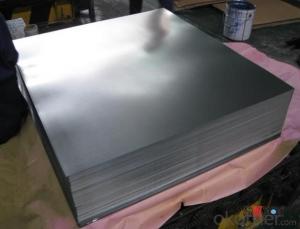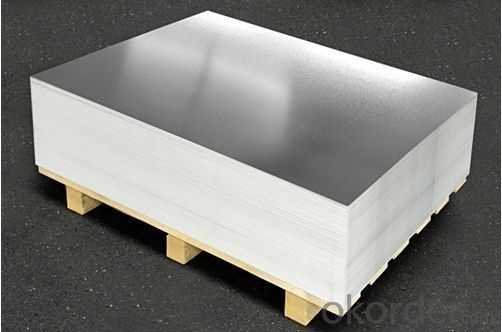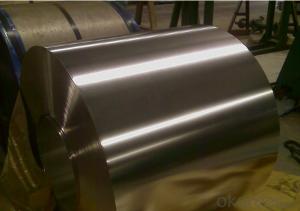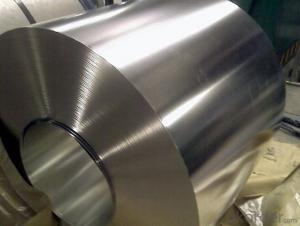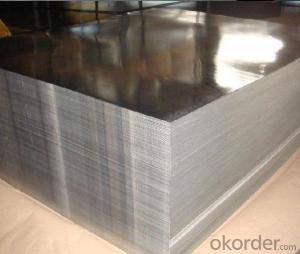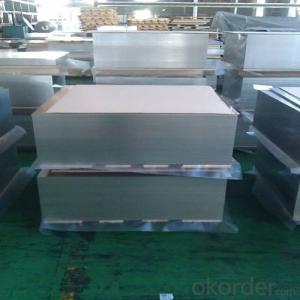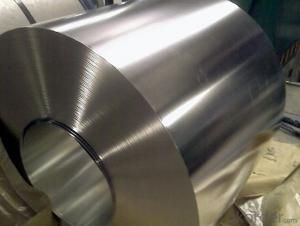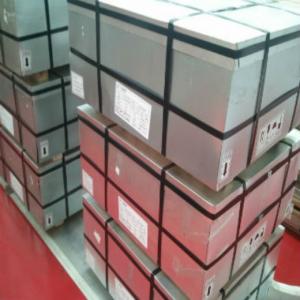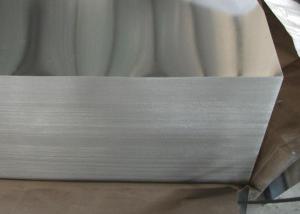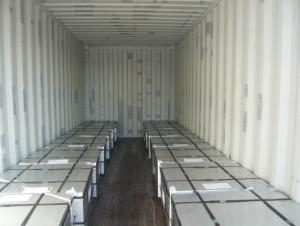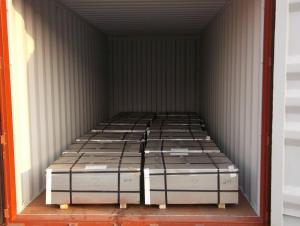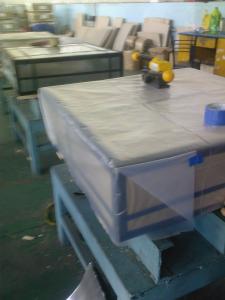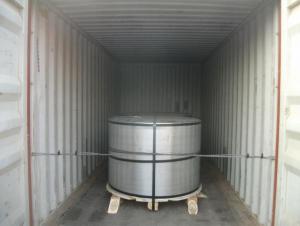Electrolytic Tinplates (ETP) Coil and Sheets for Foods Packaging
- Loading Port:
- Tianjin
- Payment Terms:
- TT OR LC
- Min Order Qty:
- 25 m.t.
- Supply Capability:
- 7000 m.t./month
OKorder Service Pledge
OKorder Financial Service
You Might Also Like
1.Structure of Electrolytic Tinplates (ETP) Coil and Sheets for Foods Packaging Description
Electrolytic Tin Plate Coils and Sheets for Foods Metal Packaging, is one thin steel sheet with a coating of tin applied by electrolytic deposition. Tinplate made by this process is essentially a sandwich in which the central core is strip steel. This core is cleaned in a pickling solution and then fed through tanks containing electrolyte, where tin is deposited on both sides. As the strip passes between high-frequency electric induction coils, it is heated so that the tin coating melts and flows to form a lustrous coat.
2.Main Features of the Electrolytic Tinplates (ETP) Coil and Sheets for Foods Packaging
Appearance – Electrolytic Tin Plate is characterized by its beautiful metallic luster. Products with various kinds of surface roughness are produced by selecting the surface finish of the substrate steel sheet.
Paintability and printability – Electrolytic Tin Plates have excellent paintability and printability. Printing is beautifully finished using various lacquers and inks.
Formability and strength – Electrolytic Tin Plates have got very good formability and strength. By selecting a proper temper grade, appropriate formability is obtained for different applications as well as the required strength after forming.
Corrosion resistance – Tinplate has got good corrosion resistance. By selecting a proper coating weight, appropriate corrosion resistance is obtained against container contents. Coated items should meet 24 hour 5 % salt spray requirement.
Solderability and weldability – Electrolytic Tin Plates can be joined both by soldering or welding. These properties of tinplate are used for making various types of cans.
Hygienic – Tin coating provides good and non toxic barrier properties to protect food products from impurities, bacteria, moisture, light and odours.
Safe – Tinplate being low weight and high strength makes food cans easy to ship and transport.
Eco friendly – Tinplate offers 100 % recyclability.
Tin is not good for low temperature applications since it changes structure and loses adhesion when exposed to temperatures below – 40 deg C.
3.Electrolytic Tinplates (ETP) Coil and Sheets for Foods Packaging Images
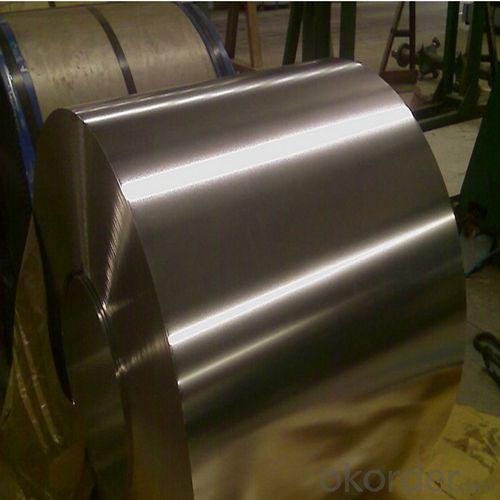
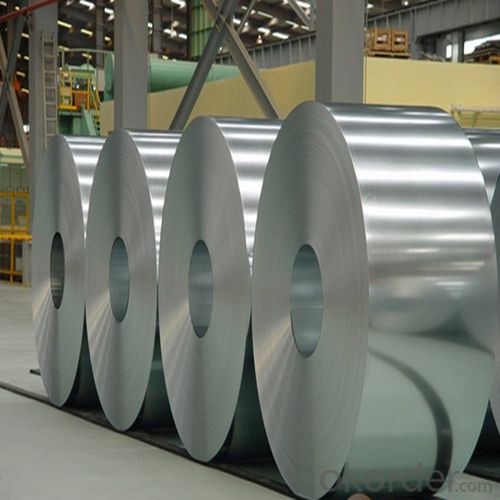
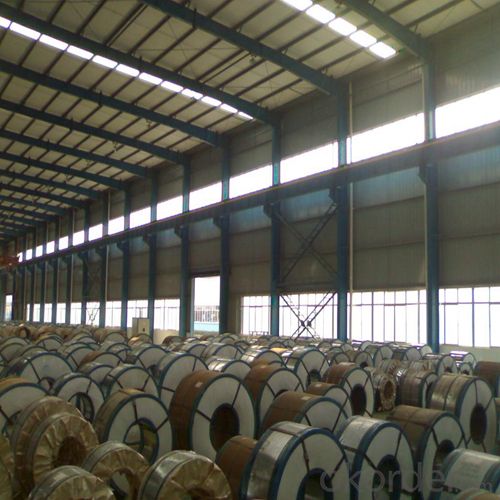
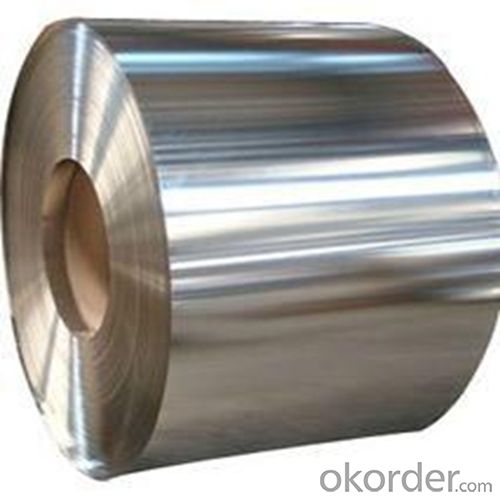
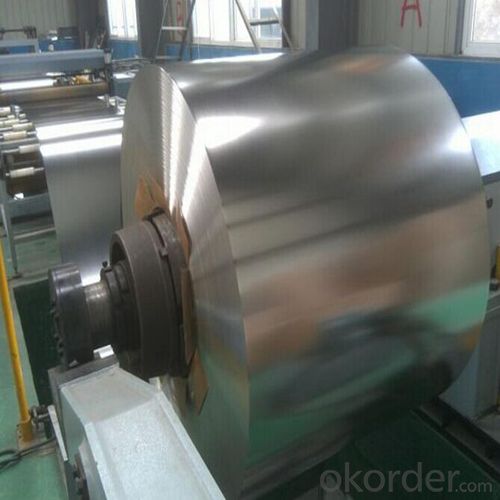
4.Electrolytic Tinplates (ETP) Coil and Sheets for Foods Packaging Specification
Standard | ISO 11949 -1995, GB/T2520-2000,JIS G3303,ASTM A623, BS EN 10202
|
Material | MR,SPCC |
Thickness | 0.15mm - 0.50mm |
Width | 600mm -1150mm |
Temper | T1-T5 |
Annealing | BA & CA |
Coil Inner Diameter | 508mm |
Weight | 6-10 tons/coil 1~1.7 tons/sheets bundle |
Passivation | 311 |
Oil | DOS |
Surface | Finish,bright,stone,matte,silver |
5.FAQ of Electrolytic Tinplates (ETP) Coil and Sheets for Foods Packaging
-How to place .an order or contact you ?
Please send us Email. we will give you a quick response in seconds .
- How is your quality ?
All our quality is prime even the secondary quality . We have many years experience
In this field with serious quality control standard . Advanced equipment, We welcome your visit to our factory .
- Q: What are the main applications of tinplate?
- Tinplate is mainly used in the packaging industry for making cans, containers, and other metal packaging products. It provides excellent protection against corrosion, making it suitable for storing and preserving food, beverages, chemicals, and other perishable goods. Additionally, tinplate is also used in the manufacturing of aerosol cans, decorative items, and various other household products.
- Q: Can tinplate be used for packaging liquid products?
- Yes, tinplate can be used for packaging liquid products. Tinplate is highly resistant to corrosion and can effectively protect the contents from external elements. It is commonly used for packaging liquid products such as beverages, oils, and chemicals due to its durability and ability to maintain product integrity.
- Q: What are the main applications of tinplate in the furniture industry?
- Tinplate is commonly used in the furniture industry for various applications such as decorative accents, hardware components, and protective coatings. It is used to create intricate designs on furniture pieces, add a glossy finish to metal parts, and provide a layer of protection against corrosion and rust. Additionally, tinplate can be utilized for embossing or stamping logos and patterns on furniture items, enhancing their visual appeal.
- Q: What are the main challenges in tinplate warehousing?
- The main challenges in tinplate warehousing include ensuring proper inventory management, maintaining product quality and integrity, optimizing space utilization, managing complex logistics, and adhering to stringent safety and regulatory requirements.
- Q: What are the weight advantages of using tinplate?
- One of the weight advantages of using tinplate is its lightweight nature. Tinplate is made of thin sheets of steel coated with a layer of tin, which makes it lighter compared to other metal packaging materials. This lightweight feature allows for easier transportation, storage, and handling, reducing overall costs and increasing efficiency in various industries.
- Q: What is the average lifespan of tinplate products?
- The average lifespan of tinplate products can vary depending on various factors such as usage, maintenance, and environmental conditions. However, with proper care and handling, tinplate products can last for several years or even decades.
- Q: How is tinplate affected by exposure to moisture?
- Tinplate is highly susceptible to corrosion when exposed to moisture. The presence of water triggers a chemical reaction, causing the tin coating to deteriorate and exposing the underlying iron to oxidation. This can result in rust formation and compromise the integrity of the tinplate. Therefore, it is crucial to protect tinplate from prolonged exposure to moisture to ensure its longevity and prevent potential damage.
- Q: Can tinplate packaging be used for electronic products?
- Yes, tinplate packaging can be used for electronic products. Tinplate is a durable and corrosion-resistant material that provides good protection for electronic devices. It can be used to make packaging boxes, cases, or containers to safeguard and store electronic products effectively.
- Q: Can tinplate packaging be used for gardening products?
- Yes, tinplate packaging can be used for gardening products. Tinplate is a durable and corrosion-resistant material that can protect gardening products such as seeds, fertilizers, or small tools from moisture, light, and other external factors. Additionally, tinplate packaging can be designed with attractive graphics and labels to enhance product visibility and appeal to gardening enthusiasts.
- Q: Can tinplate be used for packaging agricultural products?
- Yes, tinplate can be used for packaging agricultural products. Tinplate is a type of steel coated with a thin layer of tin, which provides excellent protection against corrosion and preserves the quality of agricultural products. It is commonly used for packaging canned fruits, vegetables, and other perishable agricultural products. Additionally, tinplate is lightweight, recyclable, and offers a long shelf life, making it a suitable choice for packaging agricultural products.
Send your message to us
Electrolytic Tinplates (ETP) Coil and Sheets for Foods Packaging
- Loading Port:
- Tianjin
- Payment Terms:
- TT OR LC
- Min Order Qty:
- 25 m.t.
- Supply Capability:
- 7000 m.t./month
OKorder Service Pledge
OKorder Financial Service
Similar products
Hot products
Hot Searches
Related keywords
